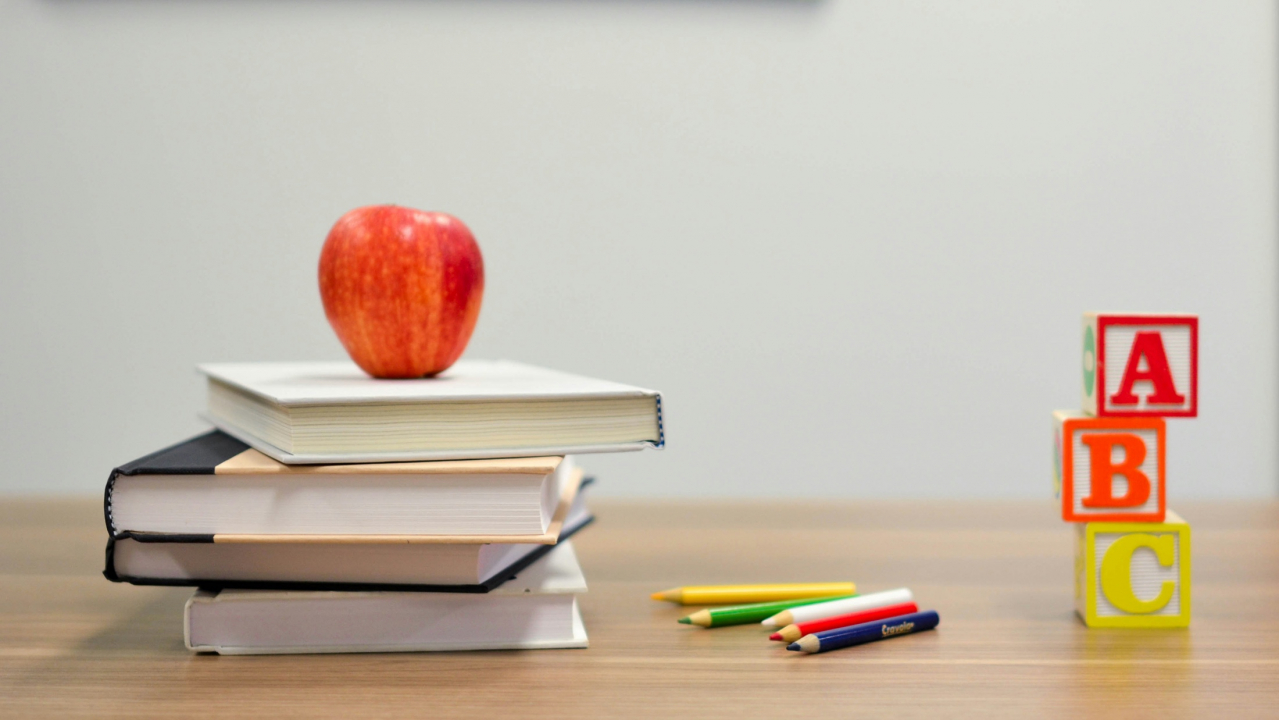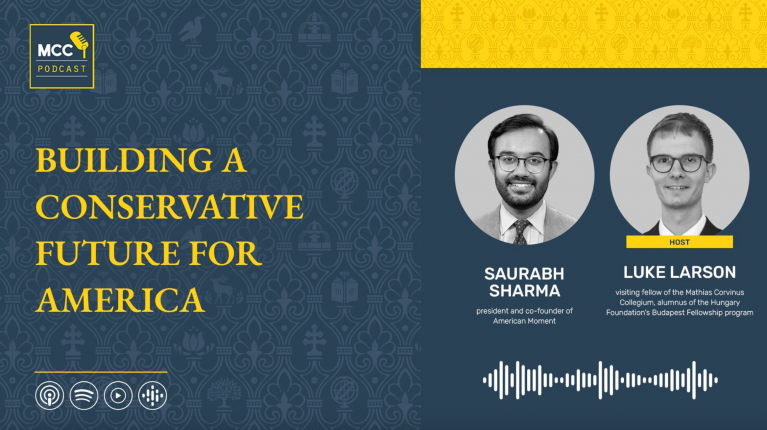Over the course of several decades, educationalists have dismissed talk of standards as implying a regressive focus on rote learning, exam passes and strict discipline which they consider to be hostile to more progressive educational goals in general and the needs of emotionally vulnerable children in particular. The result is not just long-term decline in educational standards in many countries around the world but a broader problematizing of even the aspiration for high standards.
Comparing educational standards over time is complex. For example, in the UK, it was only with the 1944 Education Act that free secondary schooling became available for all children, marking the beginning of a shift from an elite to a mass education system. Forms of assessment have changed repeatedly, as have grading systems, making it possible for national exam results to rise, at the same time as standards are falling. Nonetheless, exam questions from past decades make clear how far expectations of particularly the most academically-able pupils have fallen. We need to ask why.
The most basic expectation of teachers and parents is that children should leave school literate and numerate. These skills are vital not just for participation in society but for enabling individuals to share in humanity’s collective intellectual and cultural legacy. In terms of schooling, being able to read and write enables pupils to access subject knowledge. The notion of high educational standards, then, speaks to more than just basic skills. It suggests mastery of complex or canonical knowledge. To this end, dividing the school day into subjects, each with a distinct curriculum applicable to children of different ages, has traditionally been the form that schooling has taken.
Establishing standards in terms of curricular content requires educators to pass judgement. They must discern, from among the sum total of human knowledge, that which is deemed sufficiently important for children to know. Passing judgement in this way is to assume responsibility, not just for today’s children but for the future of humanity which will benefit from the survival of a collective store of wisdom. High academic standards require teachers to be subject-enthusiasts, deeply committed to passing on the body of knowledge judged most significant to their discipline. This love of knowledge drives teachers to ensure children leave school having mastered complex bodies of work.
Unfortunately, today there are many trends which mitigate against judgement in the construction of the school curriculum. Low levels of basic literacy skills prevent the teaching of literature deemed too complex. A longstanding driver towards relevance calls into question historical material. Similarly, moves to ‘decolonize’ the curriculum see once-familiar works written off as ‘pale, male and stale’. An assumption that knowledge is merely ‘information’ and readily accessible online, depriortizes learning content in favour of the intellectually vacuous accrual of ‘critical thinking skills’ or ‘learning to learn’. Low expectations of children more generally rule out the reading of lengthy books in favour of brief extracts. Taken together, we see a worrying fall in both the quantity and quality of what children know.
For over a century, educational theorists and academics involved in teacher training have promoted the idea that the good teacher is child-centred rather than knowledge-centred. Making the child, rather than knowledge, the focus of a teacher’s efforts fundamentally alters the purpose of education. Rather than the child being prepared to master humanity’s collective wisdom, the curriculum is made subservient to the immediate interests of the child. Content is not selected on merit but on the basis of perceived relevance. Ultimately, what is considered most relevant to the child is him or herself. Rather than being awed at the wonders of the world and human ingenuity, children are encouraged to dwell only on their existing narrow preoccupations.
Social inequalities come to be entrenched as the child rather than the curriculum takes precedence in the classroom. Children from culturally rich backgrounds are rewarded for the knowledge they already possess while less privileged children are not taken beyond their present limited horizons. At the same time, the challenges associated with learning, the at times painful process of intellectual struggle, are reinterpreted as potentially harmful rather than a necessary battle for entry into the world of adult knowledge. The upshot of the progressive, child-centred, century-long revolution in education is that standards decline: knowledge is degraded in importance and children are not tested against its accomplishments.
Teachers intent on maintaining standards, and insistent upon teaching subject knowledge stand accused of not acting in the best interests of children. Campaign groups rush to blame low educational outcomes on poverty and call for a ‘system change’ to ensure greater equality. But this is often a thinly-veiled demand to erode educational standards still further. When this happens, better off families pay for tutors, move house to areas with better schools or opt out of state education altogether. As a consequence, social inequality widens.
Standards are fundamental to both the content and quality of education. As such, standards are important as an end in themselves. This is not, ultimately, a question of individual psychological gains, social mobility or increased social equality, important though these things are. Rather, establishing and maintaining high educational standards is a moral question. It speaks to the capacity of adults to demonstrate a commitment to the next generation and assume responsibility for guiding their entry into the world of knowledge and culture. And it speaks to the expectations a society has for its own future: high standards tell children they are worthy of knowing the best that has gone before them and intellectually capable of meeting the challenges to come.









